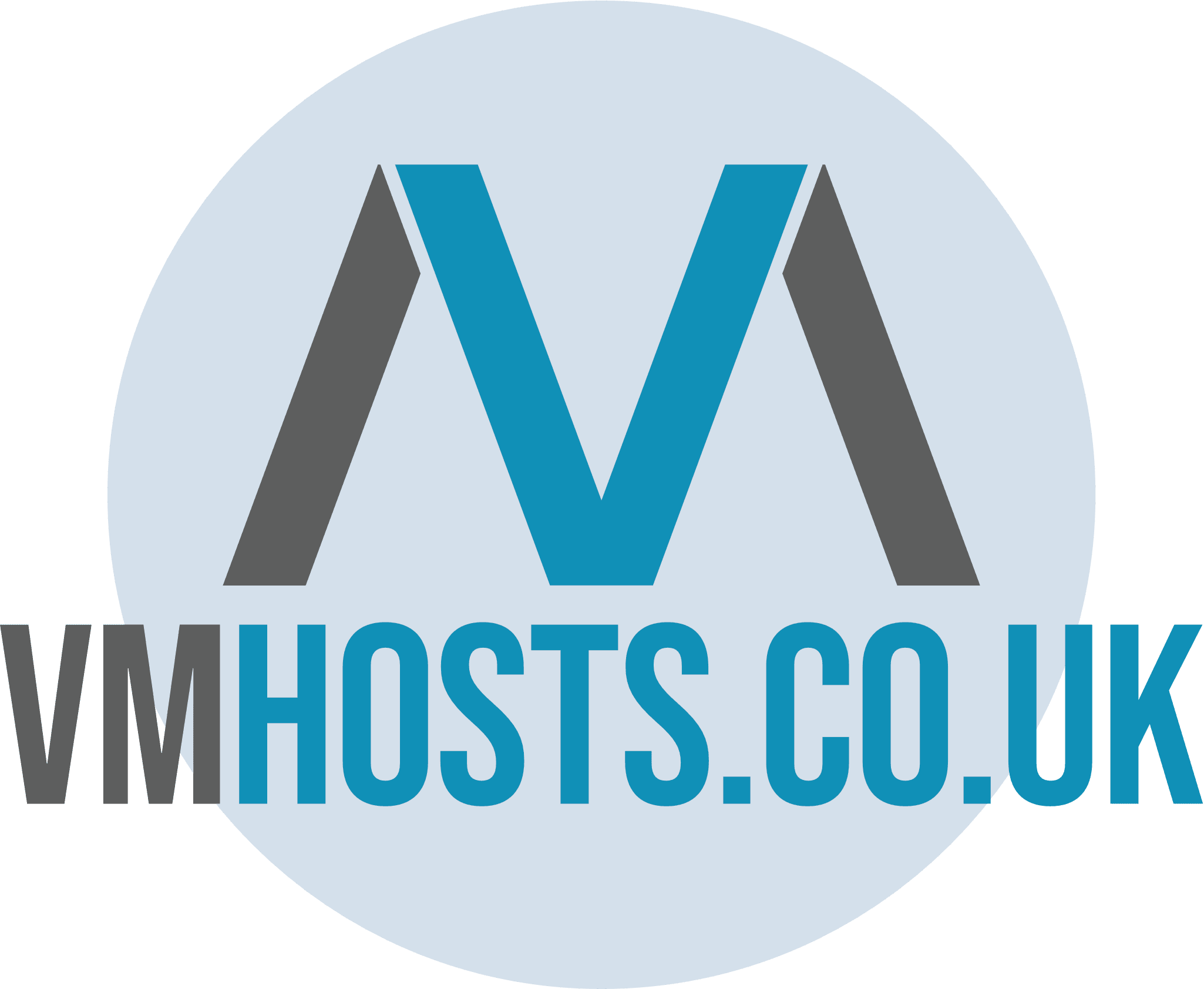When you hear the term “dark web,” it might conjure up images of shadowy hackers and secret deals. While that’s not entirely wrong, the reality is more relevant and more dangerous for small businesses than many realise.
So What Is the Dark Web?
The dark web is a hidden part of the internet that isn’t indexed by search engines like Google or Bing. It’s only accessible through special browsers like Tor, which anonymise users and make it difficult to trace activity. While there are legitimate uses for the dark web, (such as anonymous journalism or whistleblowing), it’s also often used as a marketplace for stolen data, hacking tools and other illicit goods.
Why Small Businesses Are Targets…
Many small business owners assume they’re too small to be noticed. Unfortunately, that’s exactly what makes them attractive to cybercriminals. Smaller organisations often lack the robust security infrastructure of larger enterprises, making them easier to breach. Once inside, attackers can steal customer data, employee credentials, or even intellectual property—and sell it on the dark web for profit.
What’s Being Sold?
- Email addresses and passwords (often from breached accounts).
- Credit card and banking details
- Company documents and trade secrets.
- Customer databases.
- Access to internal systems (often this is later used to deploy ransomware or steal data).
How to Protect Your Business:
Whilst the dark web exists, its important to put steps in place to stop your business data landing on it!
Employee Awareness is the front line of defence. The people in your business can be the strongest link or the weakest link so train your team to spot phishing emails, use strong passwords, and understand the risks of oversharing online. Human error is still the most common cause of breaches!
Secondly a layered security policy needs to be in place – antivirus alone isn’t enough. Combine endpoint protection, email filtering, MFA or Passcodes and network monitoring to build a more resilient defence.
Monitor for Breaches.
Dark web monitoring tools can alert you if your business’s credentials or data appear in underground forums. This gives you a chance to act before damage is done should the worst happen.
The dark web isn’t just a distant threat or something off the TV, it’s a real and growing risk to small businesses. But, with the right awareness and tools, you can stay ahead and keep your data off it.
Cybersecurity doesn’t have to be expensive or overwhelming. A few smart steps can go a long way in protecting your business, your customers, and your reputation!
Need help to ensure your business isn’t at risk? Contact us!
